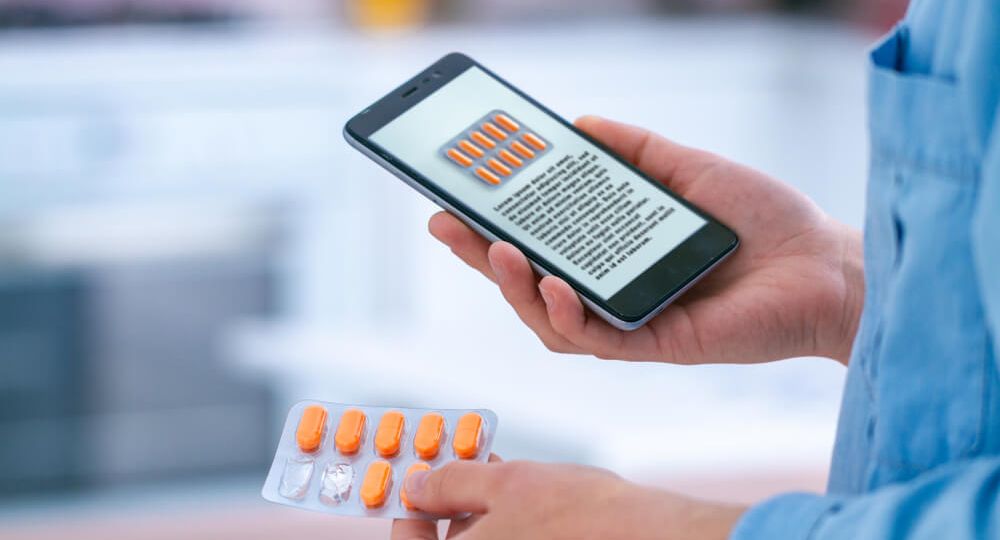
The pharmaceutical industry has been one of the most dynamically operating and developing areas of industry for years. Modern devices, drugs and cosmetics are constantly being introduced to the market and specialists are regularly making new research and discoveries. It’s no wonder that translation services for this industry are extremely popular.
Specificity of pharmaceutical translations
Medical and pharmaceutical translations are one of the most specialized types of translation that exist. Pharmaceutical products or services often involve newly discovered drugs and treatments, and this makes them important to people and doctors around the world. In this type of translations, not only knowledge of the language is required, but also knowledge of pharmaceutical field, appropriate specialist vocabulary and applicable legal regulations. There is no room for mistakes or misunderstandings here. On the one hand, even the smallest mistake can lead to a threat to people’s lives, and on the other hand, it can result in a ban on the sale of a specific pharmaceutical product, which means economic losses for the pharmaceutical company. A feature that also distinguishes pharmaceutical type of translations is the versatility of the language formats used here – from the most specialized, for example in pharmacological research, to legal, administrative (e.g. patents), information or even advertising language.
What does pharmaceutical translation include?
Pharmaceutical translations cover a variety of elements, including research, regulation, production, packaging, drug labeling and communication with healthcare professionals and patients, as well as promotion and marketing.
Here are some examples of content translated for the pharmaceutical industry:
- Scientific articles.
- Medical certificates and documentation.
- Medicine packaging.
- Clinical trial documentation.
- Patient forms.
- Documents related to operational standards.
- Training documentation – for hospital staff.
- Marketing materials (leaflets, advertisements etc.)
- Patents.
- Manufacturing specifications.
- Scientific books.
- Laboratory reports.
- Pharmacological tests.
- Pharmacological and medical textbooks.
- Translation of websites of pharmaceutical companies.
Who performs pharmaceutical translations?
These types of translations are most often performed by specialist translators who are specially trained and experienced in this area. Pharmaceutical translation requires not only knowledge of a foreign language, but also specialization in pharmacy, chemistry, biochemistry and medical terminology. In addition, there is also required knowledge of applicable laws and regulations, which is quite a challenge because, in addition to national regulations, there are also regulations of various organizations, such as the guidelines of the European Medicines Agency (EMEA), international standards: ICD-10, Meddra, DSM-V and regulations European Union. Various authorities regulate the stages of control of medicines submitted to the market. All this requires the translator to have extremely comprehensive knowledge as well as reliable and rigorous translation. A good pharmaceutical translator must also be able to use clear and concise language so as not to leave any room for free interpretation – there is no room for wordplay and metaphors. In addition to the above requirements, it should be added that the constant development of the industry and the large content of specialized terminology also require translators to constantly improve their skills and stay up to date with industry news. Precision, terminological knowledge, experience, confidentiality and ethics are the key features that characterize a good pharmaceutical translator.
Marketing and localization of pharmaceutical content
Did you know that the pharmaceutical sector spent over PLN 1 billion on marketing in 2020 and took second place in after trade? Pharmaceutical content marketing is a specialized field of advertising and promotion that focuses on promoting and selling pharmaceutical products, such as medicines and dietary supplements. Why is pharmaceutical marketing important? Because it works in two ways. Firstly, it is a tool thanks to which a pharmaceutical company can achieve greater reach and profits, and on the other hand, it can be a tool contributing to greater availability of drugs, better understanding of their effects by patients and, consequently, to the overall improvement of people’s health. In the case of marketing translations of pharmaceutical content, we are dealing with a localization process. Content localization is a process that goes beyond ordinary translation, because it focuses on adapting the translated material to the different cultural and linguistic characteristics of a given target group. Thanks to the use of localization, we can be sure that the material will not only comply with the regulations, but also be appropriately adapted to the target group, which increases the chance of implementing a pharmaceutical product or service on foreign markets, which enables more dynamic development and wider access to medicine for people from all over the world. world.
Summary
Translations in the pharmaceutical industry are an extremely difficult and responsible task, on which people’s lives often depend, so in this case there is no room for amateurism, therefore experienced specialists and the localization of pharmaceutical content are crucial for the future of medical and pharmaceutical translations and will have an impact on the future of healthcare by overcoming language barriers and ensuring patient safety and health internationally.

